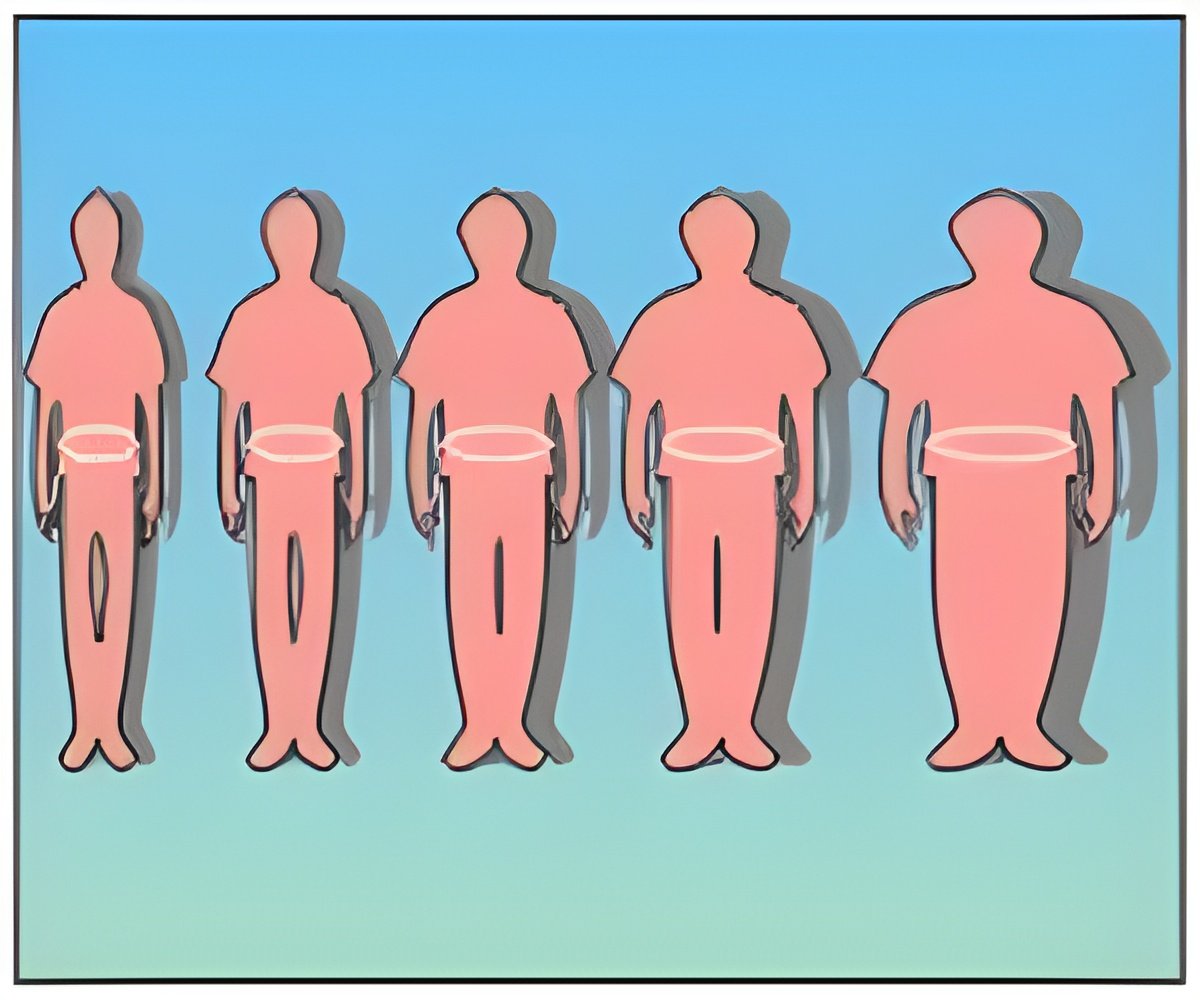
In this study, 141 overweight and obese men and women were randomly assigned to:
- 48 weeks of behavioral weight loss treatment delivered by a health professional,
- 48 weeks of Weight Watchers, where group support is led by Weight Watchers members who have successfully achieved and maintained a healthy goal weight,
- Or a combined treatment consisting of 12 weeks of behavioral weight loss treatment delivered by a health professional followed by 36 weeks of Weight Watchers.
Weight Watchers was chosen because it is the largest commercial program in the United States and is behaviorally oriented and focuses on modifying diet and increasing physical activity to produce weight loss. The investigators hypothesized that the combined treatment would produce better weight losses than Weight Watchers alone. Assessments were conducted at baseline and weeks 12, 24, and 48, with weight change as the primary outcome.
All groups lost weight, but contrary to expectations, Weight Watchers participants lost more weight, on average, at the end of treatment compared to participants in the combination approach (mean weight loss in the professionally led program was not significantly different from either group). In fact, 37% of Weight Watchers participants lost 10% or more of their starting weight compared to 15% of combined group participants and 11% of participants in the professionally led group.
Results of the study also showed that better meeting attendance was associated with greater weight losses during the first 24 weeks in all treatments. In the Weight Watchers group, this relationship was maintained even in the second half of treatment, suggesting that individuals who continue to stay involved in the Weight Watchers program do better.
"This study is important because, with almost 70% of American adults classified as overweight or obese, there is a need to provide practical treatment solutions that are effective, accessible, and affordable," Dr. Pinto explained. "Results of this study demonstrate that the Weight Watchers program can produce clinically meaningful weight losses." The cost of joining Weight Watchers is approximately $10 per week, which includes member registration, weekly meetings, and access to online resources.
Advertisement
Source-Eurekalert














